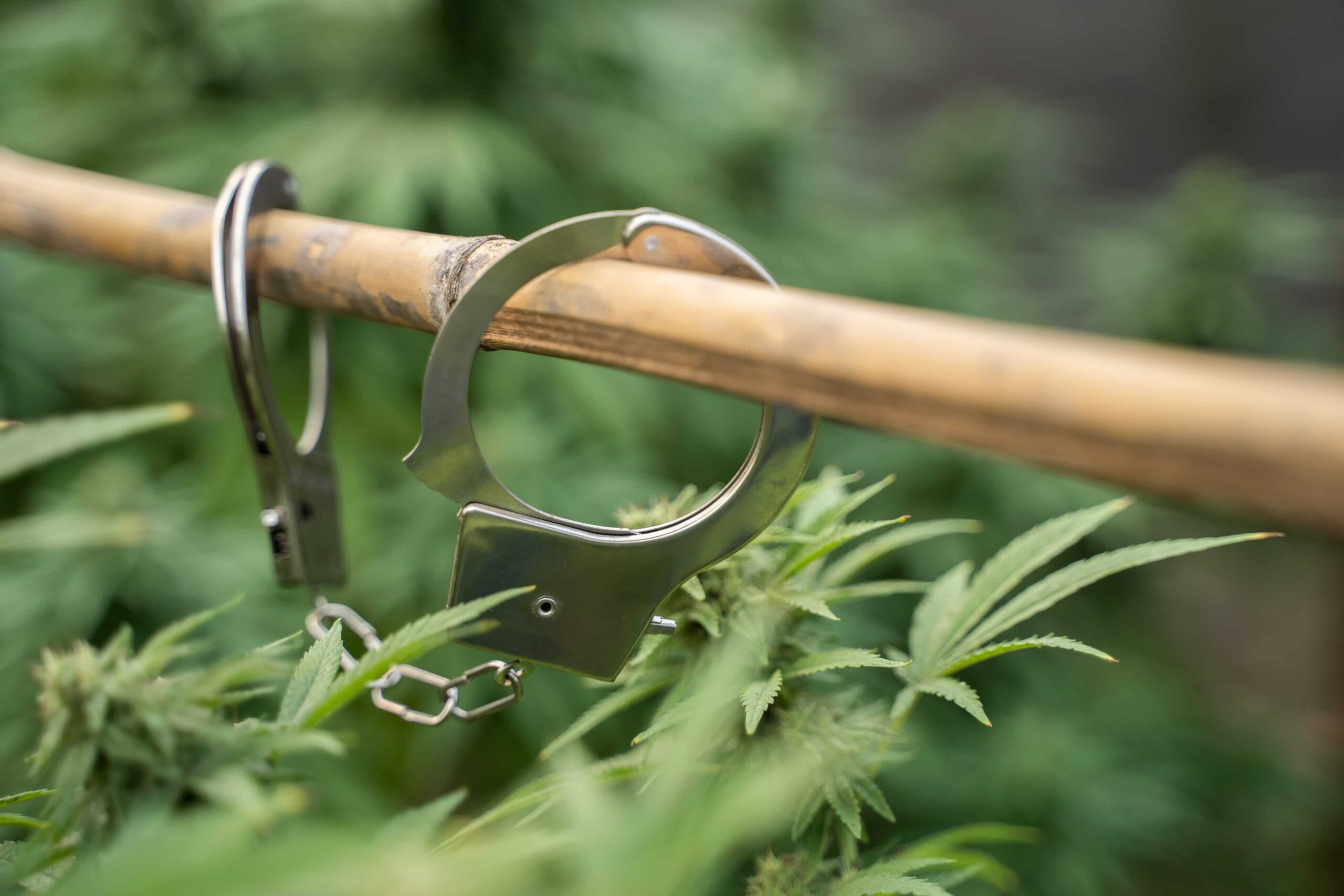
New Jersey Gives Priority to Convicted Offenders in Licensing |
New Jersey is making headlines with its policy of prioritizing those with prior cannabis convictions when it comes to legally working in the industry.
While putting social justice first and giving people of color and those affected by the War on Drugs a chance to get into the industry is nothing new, this state goes a step further and actually prioritizes those with convictions.
Tahir Johnson and Jon Dockery, two lifelong friends, have been arrested multiple times for cannabis possession, according to a video obtained by VOA News. Thanks to this new law, they will now be among the first to legally sell cannabis in the state.
Created by the New Jersey Cannabis Regulatory Commission, the program also creates priority statuses for others, including minority-owned, women-owned, disabled and veteran-owned businesses, certified as such by the New Jersey Department of the Treasury, and those who have businesses owned by people who are in an Impact Zone, a low-income area harder hit by the War on Drugs.
Then there’s the social justice piece. This includes businesses owned by people living in economically disadvantaged areas of the state, as well as businesses that have or have not vacated previous cannabis convictions.
“Social equity firms, diversity-owned firms and impact zone firms are prioritized in the licensing process, so their applications are reviewed before other applicants — regardless of when they apply,” the state website explains. “Applications from entities that meet criteria for more than one priority status will be reviewed, evaluated and approved according to the highest priority status.”
Johnson and Dockery received two of the 11 priority licenses granted to date based on previous cannabis convictions. Both men have been arrested multiple times for cannabis possession.
“We were arrested for cannabis and now we have a chance to participate in the market and the wealth that is being created here,” Dockery says of her second chance and new venture into the industry.
Blacks are four times more likely to be arrested for cannabis use, possession and sale than whites, according to the ACLU. Therefore, many states take this disparity into account in their laws and regulations.
Wesley McWhite of the New Jersey Cannabis Regulatory Commission says in the video: “We wanted to make sure we were addressing the negative social impacts of cannabis prohibition, so it was important to make sure those with the most barriers had an easier time getting licenses and into industry.”
However, not everyone is happy with this rule. Unsurprisingly, a police group spoke out against the permit. Patrick Phelan of the New York Association of Chiefs of Police thinks this is “rewarding, if not encouraging, for criminal activity.”
Of course, this argument ignores the fact that most people would much rather never have received a life-threatening conviction for cannabis, regardless of whether it now helps them get into the legal industry, and that the whole point of such measures is to create a society where cannabis is a legitimate and not a criminal industry.
New Jersey’s closest neighbor, New York, has committed a $20 million social equity fund for similar reasons, hoping to rebuild an industry along the lines of those most affected.
While this will in no way completely undo the damage that the War on Drugs has done to New Jersey, it is a positive step in filling the industry with people who are already familiar with it and have suffered from illicit cannabis in the past to have.

Post a comment: